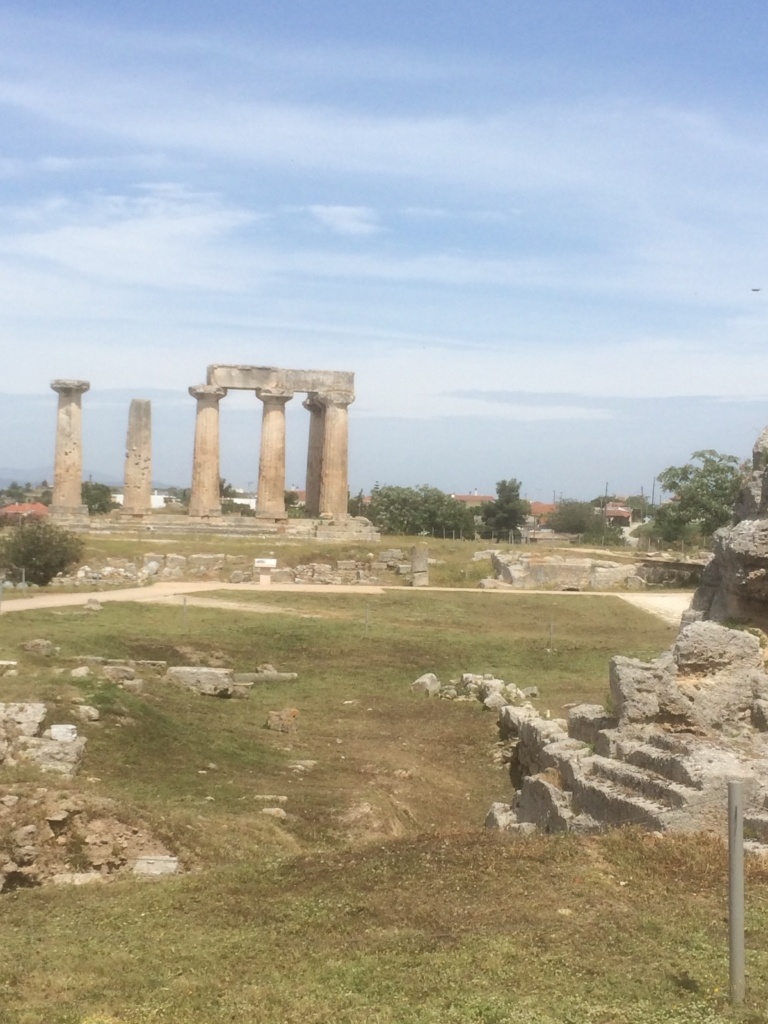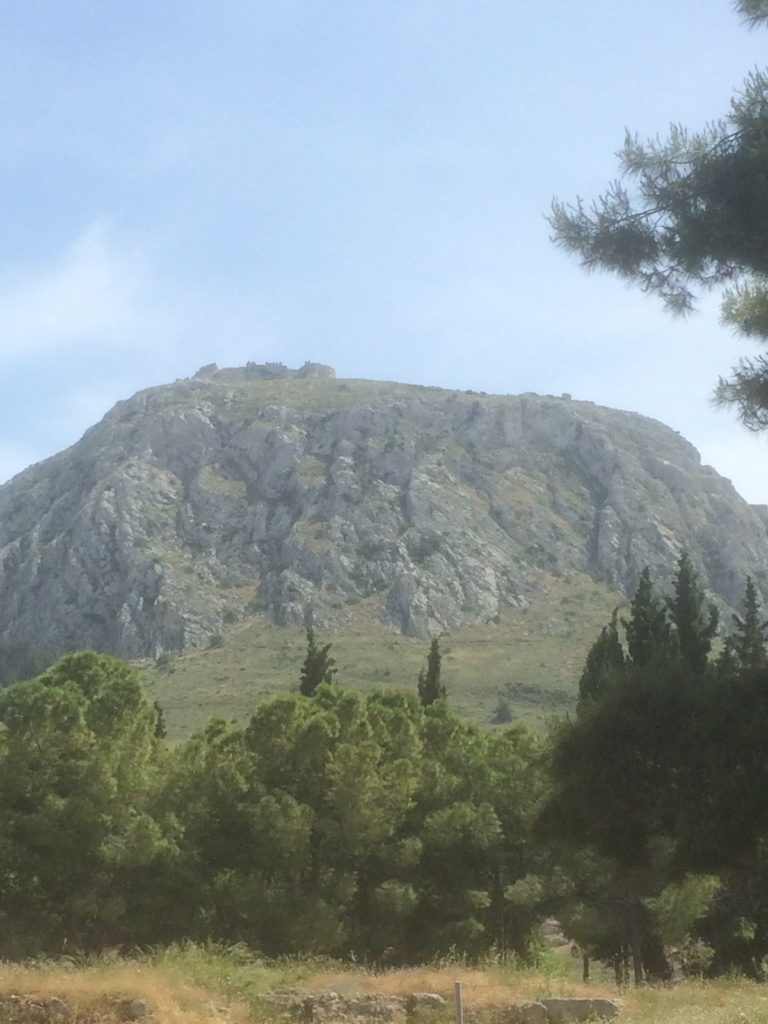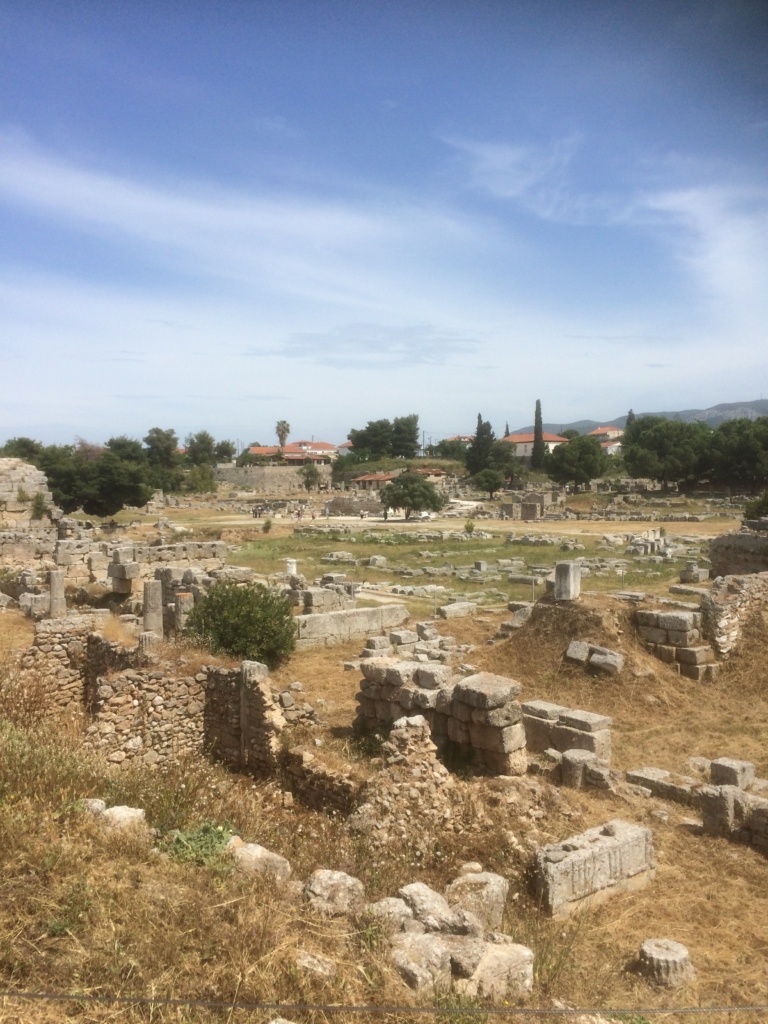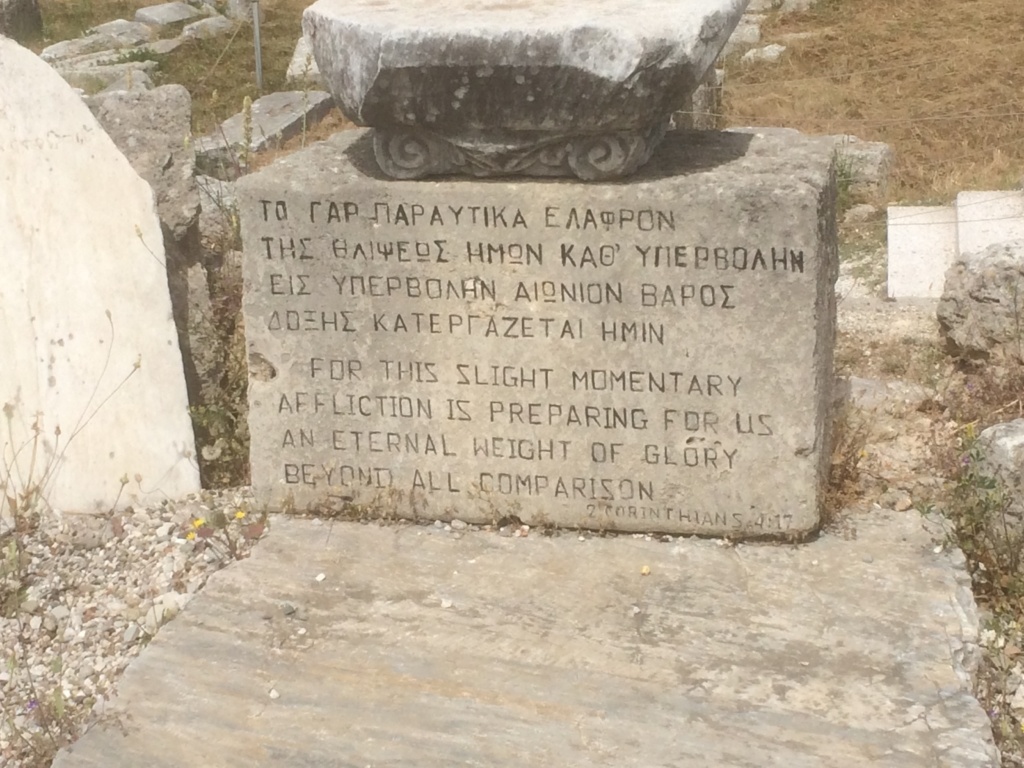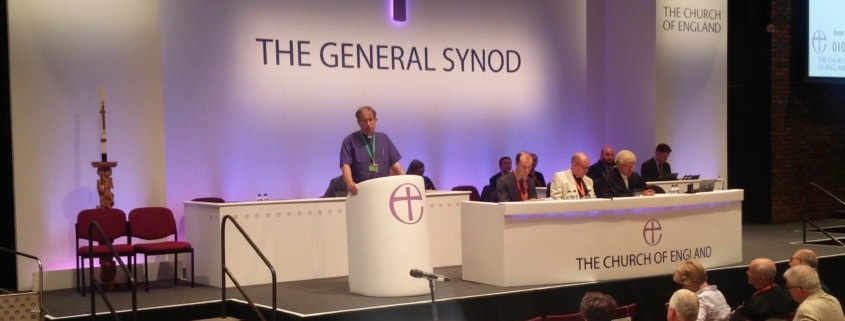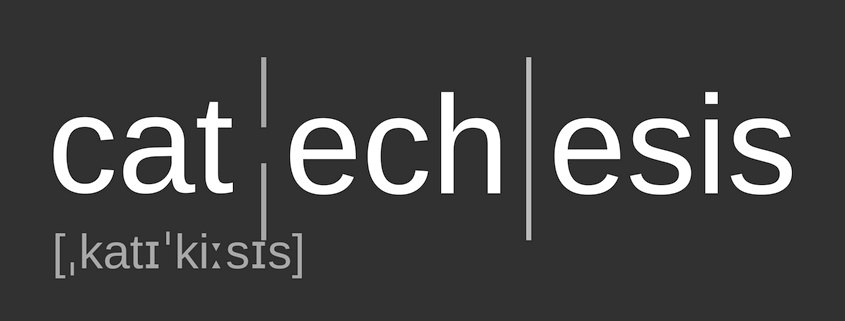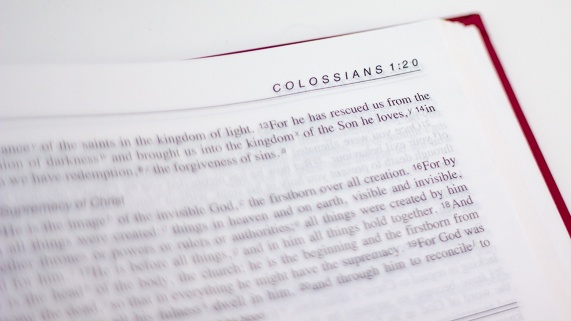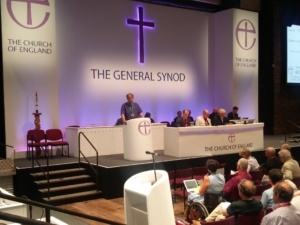Over four talks Bishop Steven explores God’s mission in Macedonia, in Greece and in the great city of Ephesus. In this final session, he sets out the sixth and seventh principles for deep water fishing. How might we become more like Christ on this journey, and how will we cope with the trials and tribulations that will surely come along the way?
If you would prefer to watch +Steven teach this session, scroll to the bottom of this page for the video.
Session 4: Miletus
At the end of the central section of Acts, Luke sets the most remarkable and influential speech in the entire book. It stands as a retrospective. From Miletus, Paul sends for the elders, the presbyters, of the Ephesian Church.
This is the only speech in Acts addressed to Christian ministers. It is the place where the Paul of Acts sounds most like the Paul of the epistles. It is a retrospective not only on the mission to Ephesus but to the whole of Acts 13-19. Paul has distilled here the things which make a difference in his Christian mission and ministry: the things which really make a difference.
Acts 20 has shaped the Church’s understanding of ministry in every age and every generation. I have never found an ordinal which doesn’t reference it. The greatest texts on ministry in every age have been shaped especially by 20.28: “Keep watch over yourselves and over all the flock”. That one verse sets the shape of Gregory the Great’s pastoral rule; of Richard Baxter’s book, The Reformed Pastor and of George Herbert’s manual, The Country Parson.
The early Church has not yet settled its language of ministry. In the Epistles we see the Church trying on of various sets of language and ideas: the concept of the church as a body; the diversity of gifts; the different ministries needed to build up the body of Christ.
Three terms begin to emerge which will carry what it means to minister in the Church of God in the later New Testament period and forward into Christian history. All three occur in or around this passage. Luke is very deliberate in his use of language. None of them is used in a technical sense. You might say that they represent ministry in three dimensions of all the people of God.
The first is diakonia (διακονίαν) in the sense of service and commission from which we take the concept of some people being ordained deacon (24).
The second is presbyteroi (πρεσβύτεροι): the elders who are invited to meet with Paul (17) from which the Church grows the idea of some being ordained priests to the ministry of word and sacrament;
The third are the episkopoi (ἐπίσκοποι), (28) from which the Church develops the idea of some being ordained as bishops to watch over the flock in the name of Christ. But it is the ministry of every believer which is being spoken of throughout this passage with some called to distinctive roles for the sake of the whole body.
So what is Paul’s first and most fundamental lesson in Christian mission and ministry? What is the first principle he passes on here for deep water fishing?
“You yourselves know how I lived among you the entire time from the first day that I set foot in Asia, serving the Lord with all humility and with tears, enduring the trials that came to me through the plots of the Jews”.
These are the words I want to highlight and to contemplate: You yourselves know how I lived. The words literally mean: how I was among you. Paul does not refer back to his techniques for spreading the gospel or to his technical proposals for church growth in Asia. He doesn’t refer to his bold plan or strategy. He doesn’t refer either to his doctrine in first place.
Those things are not unimportant. But they are not in the first place.
In the first place is the way he lived, the way he was, his character and his identity in Christ. Paul especially commends his humility, his tears, his endurance of trials. It is not too much to read into this the words of Jesus in the beatitudes: humility – blessed are the meek; tears – blessed are those who mourn, trials – blessed are those who are persecuted.
It is not too much either to see here a lifting up of contemplation, compassion and courage in the life of God’s church and in the life of God’s ministers. You yourselves know how I lived. This is how the speech begins. There is a bracketing here: a rhetorical device known as inclusion. For right at the end of the speech, Paul returns to exactly the same theme: how I was among you.
“You know for yourselves that I worked with my own hands to support myself and my companions. In all this I have given you an example that by such work we must support the weak, remembering the words of the Lord Jesus, for he himself said, It is more blessed to give than to receive”.
The pattern of Anglican ministry and mission is deeply incarnational: being like Jesus as a church and as minister. We live as an imperfect community of love in every place in this Diocese. We are scattered from Monday to Saturday to 50,000 different places like salt.
We come together week by week to be strengthened for this witness and to live consistently but imperfectly with the gospel we proclaim. Those communities are nurtured and sustained by those whom God has called as lay ministers of different kinds and by deacons, priests and bishops.
This has always been God’s strategy: to pour out the Holy Spirit on the disciples in every place, to help us together be a community of love, and to draw others by that love to the truth of the gospel.
This was the way in which the early Church grew in the first three centuries: because of love consistently displayed. This is the long way back for the Christian gospel in this land: by modelling patience, kindness and goodness to the communities we are called to serve.
This is the sixth principle of deep water fishing: mission and ministry is incarnational – primarily about being more like Christ, more loving.
6. Mission and ministry is primarily about being more like Christ: more loving
Paul’s speech affirms some of the other principles for deep water fishing we have explored. Paul affirms the lessons he has learned about the need for courage and perseverance both for himself and for the new communities these ministers will serve. He affirms over and over again the principle that social transformation is built on deep Christian formation:
“I did not shrink from doing anything helpful, proclaiming the message to you and teaching you publicly and from house to house”. That twofold division, publicly and in households is worth pondering. “Remember that for three years I did not cease night or day to warn everyone with tears”.
Paul affirms by his confidence the very first of our principles: the Holy Spirit directs and guides the mission of God, and one of the things the Spirit does is to remove the apostle Paul from the new churches so that others are encouraged to grow into the space Paul leaves behind. Our aim in mission and ministry is not to create dependence but interdependent communities of disciples, each called to use our gifts in Christian service.
7. Death and resurrection, joy and pain are woven finely together in God’s mission.
But it is the final principle which comes over to me most clearly as I listen to this text on the one hand and am privileged to listen to stories of ministry across our diocese on the other. What do I hear in both places?…
It’s hard. It’s very hard. It’s almost impossible. It is much more difficult than you might think to make progress in the Kingdom.
Paul has learned that in every place there will be pain and difficulty and setbacks of all kind. They have been different in the different places we have visited in Macedonia, in Greece and in Ephesus. But the common feature is that the difficulties are always present.
One of the things we need most in our theology and understanding of ministry and mission is a theology of suffering and difficulty, of death and resurrection. This is not an easy way.
Paul is about to begin a long journey of arrest and trials which will culminate in house arrest in Rome and later to his own martyrdom. Luke chooses not to end Acts with the high point of Paul’s ministry in Ephesus but with Paul under house arrest in Rome.
I was formed in the charismatic evangelical tradition. I still love the songs of Graham Kendrick, which tells you as much about my taste as my abiding affection for Meatloaf. I was brought up to read Acts in the major key: to emphasise the joy and the glory and the triumph of the gospel.
I think my richest experience of teaching scripture ever was when I was Warden of Cranmer Hall. I developed a new Masters Module on Mission and Ministry in the Acts of the Apostles. There were 12 students in the class, and they were from different church backgrounds and different parts of the world. I learned so much from their perspective and particularly from a Roman Catholic lay student. The theme she developed in every chapter of Acts was the place of suffering in the Christian life and in Christian ministry. I had never seen it before. I have not been able to unsee it since.
This ministry and mission we are called to is the interweaving of joy and pain, of death and resurrection, of the major and the minor key. It is a warning against triumphalism or the expectation that this will be easy. Moving forward will be hard in all kinds of ways.
But it is the way we are called to go. It is the way of Christ.
Our discipleship and ministry is likely to be very hard as well as, God willing, very fruitful. That is what it means to put down into deep water and let down the nets.
That is why we need to support and hold one another. That is why we need a community which is larger than a single local church. That is why we need a culture of gentleness and love and respect and encouragement as we launch hundreds if not thousands of new mission projects.
Some will fail. All will be difficult. But many will be extraordinarily fruitful, by the grace of God, and the fruit will last for generations. We are called come out of the stands for the spectators and into the arena.
American President Theodore Roosevelt made a speech in 1910 on citizenship in a republic. I would like to end this study with a quotation from that speech, made famous by the American researcher and storyteller Brene Brown who writes on vulnerability and courage.
The quotation describes exactly I think the movement Paul is seeking in Acts 20 and the movement we are seeking across this Diocese:
“It is not the critic who counts; not the man who points out how the strong man stumbles, or where the doer of deeds could have done them better. The credit belongs to the man who is actually in the arena, whose face is marred by dust and sweat and blood; who strives valiantly; who errs, who comes short again and again, because there is no effort without error and shortcoming; but who does actually strive to do the deeds; who knows great enthusiasms, the great devotions; who spends himself in a worthy cause; who at the best knows in the end the triumph of high achievement, and who at the worst, if he fails, at least fails while daring greatly, so that his place shall never be with those cold and timid souls who neither know victory nor defeat.”
Contemplative, compassionate, courageous for the sake of God’s World
We have a vision as a diocese to be a more Christ-like Church for the sake of God’s world. We go from here to make that vision a reality.
+Steven
Common Vision Conference
High Leigh, 10 May 2019
Watch Bishop Steven deliver this talk
This session was first given at the Common Vision Conference in May 2019.
Click the speaker icon in the bottom right of the video frame to switch on audio.



